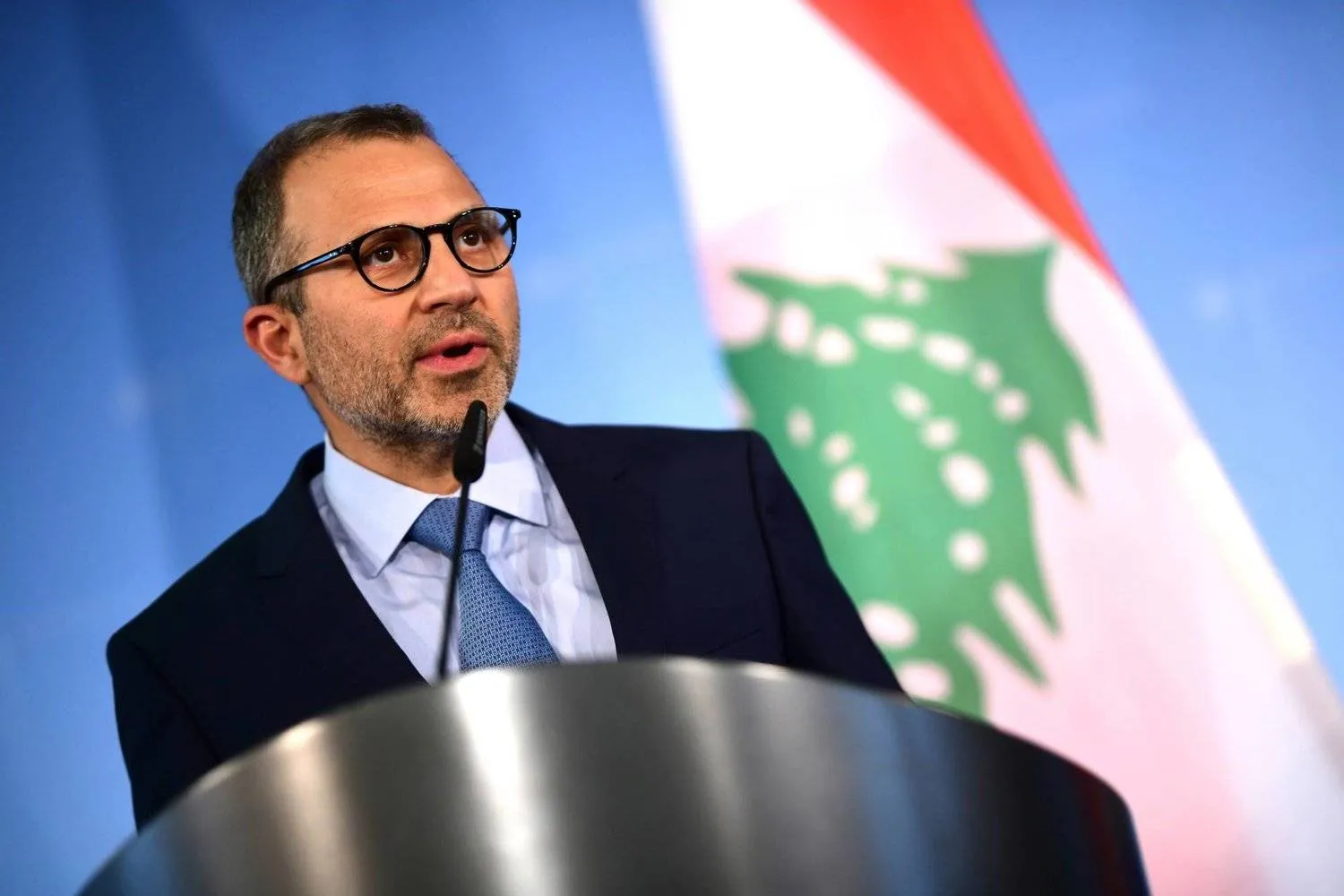Free Patriotic Movement leader Jebran Bassil has said that Lebanon’s “openness to the Arab world is necessary.”
It is also “necessary to review the mistakes” that took place in relations with Arab countries, Bassil told Asharq Al-Awsat in remarks published Thursday.
“Arabs are following up the situation in Lebanon. If it was on the right path, then they would back us, and if we repeated the same mistakes, then they would steer clear,” he said.
On Saudi Crown Prince Mohammed bin Salman, Bassil said all the young generation in Saudi Arabia supports him over his policies.
Bassil revealed that, similar to the Crown Prince, he wants Lebanon to be modernized because the region has already taken that path.
He also hinted that the FPM has made a huge rapprochement with the opposition after its relationship with Hezbollah took a different urn.
Bassil told Asharq Al-Awsat, however, that despite differences with Hezbollah, the FPM's relations with it would not be cut.
“We can’t divorce each other patriotically, because every separation has negative effects on the country,” said Bassil, adding that the two parties could “meet again” if they agreed on the same figure to fill the presidential void.
The FPM chief revealed that he has made progress in the dialogue with members of the opposition to reach consensus on a candidate for the presidency.
“Time is precious,” he said, stressing that there would be no agreement unless there was consensus to fill the vacuum at Baabda Palace.
The presidency of Michel Aoun, who is Bassil’s father-in-law, ended in October last year, leaving a power vacuum in the crisis-hit country.
Bassil said that most of the candidates have not announced their plans to salvage the economy or to introduce reforms.
“We can’t vote for a president who is corrupt or has no plans (for the country), and not even a program,” he added.









